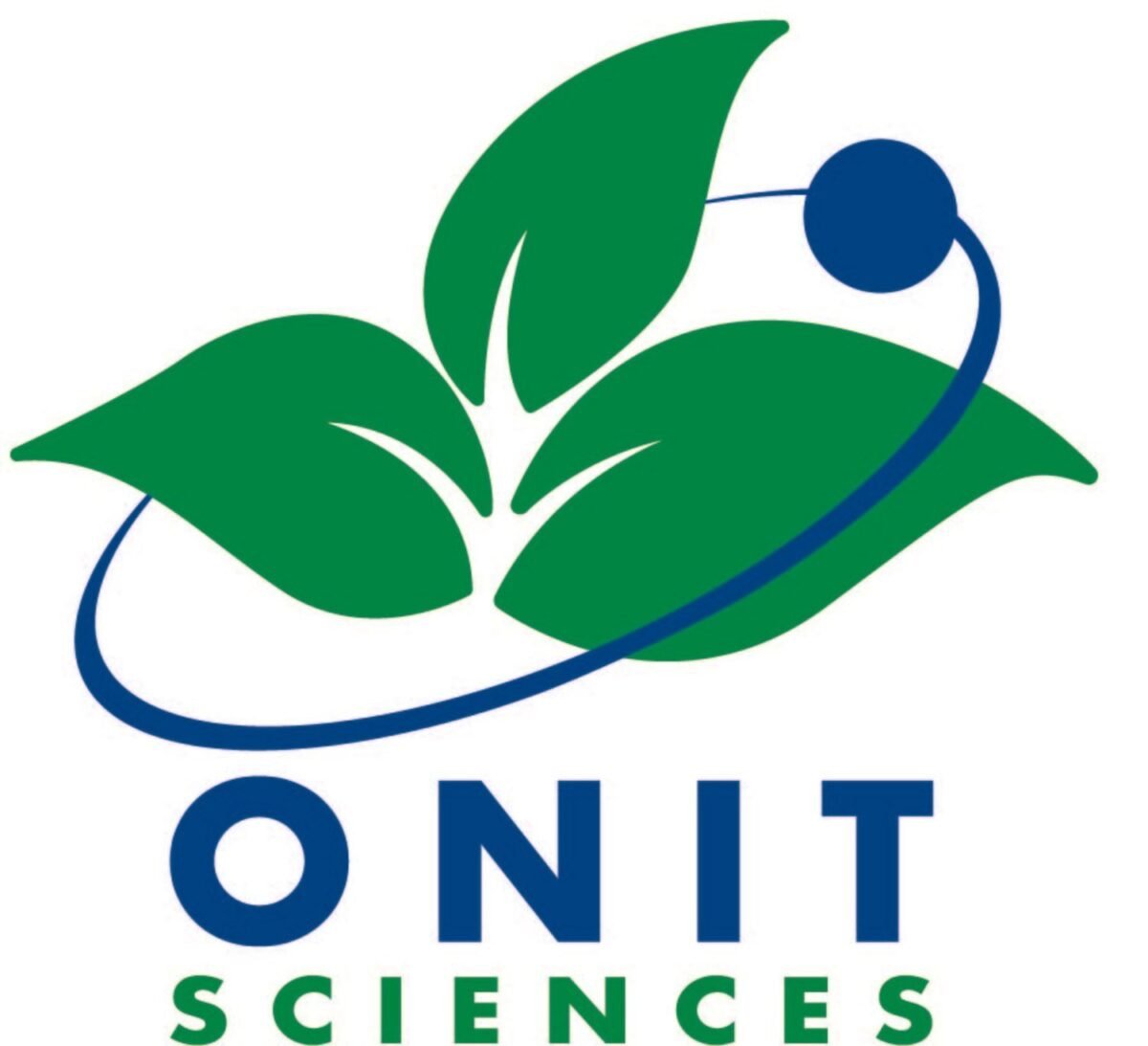ONIT Sciences chooses MGX global trade Canada Corp for distribution
This agreement with MGX is evidence of ONIT’s commitment to providing natural, organic agriculture inputs that perform as well or better than traditional chemical products to farmers around the world
ONIT Sciences announced that MGX will serve as the exclusive authorised distributor for ONIT’s innovative organic products across three major agricultural regions.
“This agreement with MGX is evidence of ONIT’s commitment to providing natural, organic agriculture inputs that perform as well or better than traditional chemical products to farmers around the world,” stated Jeff Moses, president of ONIT Sciences. “MGX is a proven performer, with a world-class team and deep connections to major crop producers in each region they serve. We are extremely excited to open these new markets and help support organic initiatives in countries that have been harmed by chemical farming protocols.”
MGX will carry all ONIT Science products, including its flagship ONIT Grow, a powerful bio-stimulant, surfactant and soil amendment that uses all-natural, organic ingredients to penetrate even the toughest plant surface to stimulate plant vigour and yield. Increases in yield have been documented as high as 40 per cent in some crops. Also available through MGX are the company’s ONIT Input Plus and ONIT Input products, which help farmers significantly reduce costs by enhancing the uptake and absorption of any nutrient, fertiliser or other input that it is mixed with.
“At MGX, we are excited about this new opportunity that will be a great extension to our existing lineup of quality products. From our initial research, we can see that ONIT’s organic products will be well received within the agricultural communities and within the governments,” stated Moe Negin, Founder of MGX Global Trade Canada Corp. “Our mission is to give back to local communities in rural areas by supplying environmentally sustainable products to help our planet and for healthier future generations.”
Territories covered by this exclusive Authorized Distributor agreement include:
South America
Colombia, Peru, Brazil, Mexico, Panama, Argentina, Chile
Middle East/North Africa
Algeria, Turkey, Dubai, UAE, Bahrain, Egypt, Oman, Libya, Saudia Arabia, Qatar, Kuwait, Lebanon, Iraq, Israel, Jordan, Syria, Tunisia, Yemen
Philippines
This agreement with MGX is evidence of


